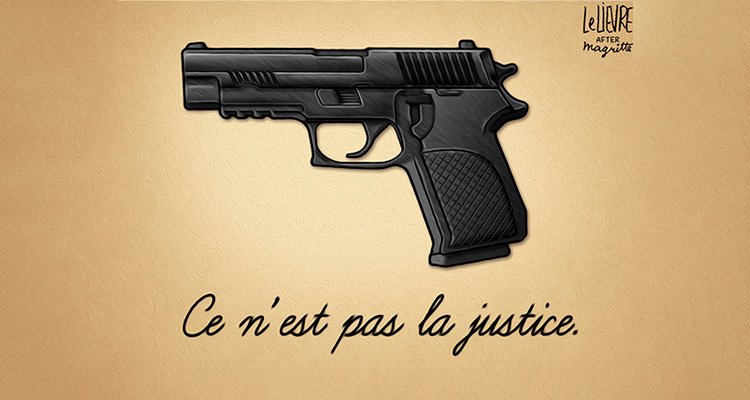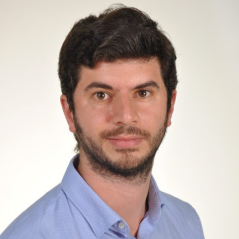
Activiteit
SG - Populism’s Relationship with Fascism
Is there a populism on the right, and on the left? When does populist politics turn into fascism?
About Populism's Relationship with Fascism
As populism spreads worldwide and democracy faces challenges, understanding its relationship with fascism and authoritarianism becomes crucial. Political sociologist Francesco Marolla will illuminate the distinctions and connections between populism and fascism. How are these ideologies related to authoritarianism and to democracy? Who benefits from these political systems? Join us as we navigate the complexities of modern governance!
About the series This is not Fascism
Has fascism lingered under the surface for many decades? Is it staging a comeback in the political arena? This series explores those questions interdisciplinarily, taking perspectives from among others sociology, history and philosophy. Together, we'll unravel the complexities of contemporary fascist organisations. Are they different from past expressions of these politics? And should we all be antifascist, with a loud and clear …………………[insert your slogan here]…………………?
Want to learn more? Check out the multimedia reading table in the Forum library (1st floor).
About dr. Francesco Marolla (University of Milan)

Francesco Marolla is a scholar in the field of political sociology, specialising in the topic of support for populism in the European context. He holds a PhD in Sociology and Social Research, earned through a joint program between the University of Trento and Tilburg University. Previously, he completed a Master’s degree in Sociology and Social Research at the University of Trento, following a Bachelor’s degree in Sociology at the University of Rome ‘La Sapienza’. Currently, he works as a postdoctoral researcher at the University of Milan within the project POSTGEN - Generational gap and post-ideological politics in Italy.